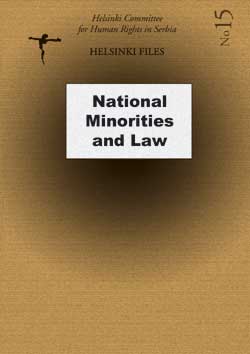
We kindly inform you that, as long as the subject affiliation of our 300.000+ articles is in progress, you might get unsufficient or no results on your third level or second level search. In this case, please broaden your search criteria.


Survey was conducted in the first week of September 2002, and covered a sample of 111 respondents, members of minorities. Survey was carried out in 2 stages, sample was a quota character, and it covered 10 minorities living in Serbia: Albanians, Muslims/Bosniaks, Hungarians, Romany, Vlachs, Slovaks Ruthenians and Bulgarians. Survey was carried out on the ground by pollsters of SMMRI. Head of survey was Prof. Dr. Miklos Biro. Questionnaire consisted of 3 parts. The first part included so-called test of knowledge on the rights of national minorities regulated under the Act on Protection of Rights and Freedoms of National Minorities. In the second part respondents were asked about the extent of rights they need, and in the third about their perception of level of attainment of those rights, at the moment of survey.
More...
Survey was conducted in the first week of September 2002, and covered a sample of 111 respondents, members of minorities. Survey was carried out in 2 stages, sample was a quota character, and it covered 10 minorities living in Serbia: Albanians, Muslims/Bosniaks, Hungarians, Romany, Vlachs, Slovaks Ruthenians and Bulgarians. Survey was carried out on the ground by pollsters of SMMRI. Head of survey was Prof. Dr. Miklos Biro. Questionnaire consisted of 3 parts. The first part included so-called test of knowledge on the rights of national minorities regulated under the Act on Protection of Rights and Freedoms of National Minorities. In the second part respondents were asked about the extent of rights they need, and in the third about their perception of level of attainment of those rights, at the moment of survey.
More...
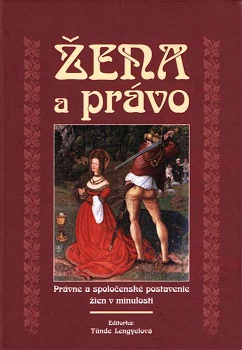
The privilege granted to the town of Cluj in 1405 by the Hungarian king Sigismund was of great significance for its future development. Since the second half of the 15th century, the town used the law of Buda. The guild statutes regulated not only how artisans should perform their craft, but also other, private spheres of their lives. Guild and municipal statutes from the medieval period as well as the later ones form the 16th century concerned guild members who were, obviously, all men. However, in guild documents we can find some legal records that relate to women, especially in connection with the daughters and wives of late guild masters. At the first sight, it might seem that the guilds tried to protect lonely women in all the cases. Nevertheless, the guild statutes differed and sometimes a guild would change the clauses over the time. For example, at first a guild masters ' widow was allowed to take over her late husband's craft over some period of time (usually one year) or as long as she kept his family name. A woman living on her own could practice the craft only under the condition that the products met the standards of the guild. In Cluj, there was a custom, widespread in other municipal laws, according to which the wife’s and husband's possessions became their common property after the wedding. On the other hand, unlike in many municipal laws, where a husband and a wife got equal share, in Cluj, after the death of a partner the man got two thirds and the woman only one third of their common property. It is characteristic of the period that wives, daughters and widows did not have the same position as their male counterparts. Nonetheless, they had certain rights in the municipal law system, e.g. they could inherit their paternal family house, make their last wills, freely decide about their property and even practice the craft of their deceased husbands for a limited time. A woman could be involved in business and after her husband's death received one third of the jointly acquired property during the marriage. A widow paid the same taxes as the others, but if she married a noble or away from the town, she lost her municipal right of the house. The taxes were the same for women and men because it was a house or a piece of land that were taxed, not the owner.
More...
The reason for this article is Interpretative civil case No 3/2015 of the Supreme Court of Cassation. In the article are examined the controversial court decisions and the views in the legal literature. The author states that the action for partial transformation of own property for which in approved by the divorce court settlement spouses agreed that it remains co-owned between them without specifying in what units, can be accepted by court.
More...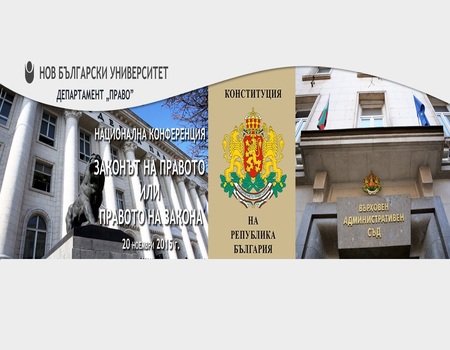
The Restriction of Parental Rights - an Atypical Result in Some Specific Procedures. The restriction of parental rights is a special procedure, which finds its place in the Family Code.However, a number of other procedures that pursue quite different goals can achieve the effect of restricting in one way or another right of parents to communicate with their own child. For example, in proceedings for protection from domestic violence, the court may prohibit a parent to approach a child. Restriction can prevent and placement of the child in a family of relatives or in placement in a specialized institution. It is very controversial question about the possibility of a child to be placed in an institution of closed type (boarding reformatory) and how it affects custody. The court should not remain indifferent to the fate of the child, nor to the right of parents to exercise their parental rights, which are why even in these specific procedures, should detail arrange mode of personal relationships.
More...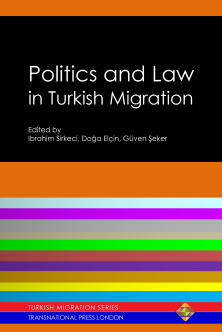
“World community has entered into the varying degrees in to a universal community and violation of rights in one part of the world is felt everywhere…the idea of cosmopolitan right is therefore not fantastic and overstrained; it is a necessary complement to the unwritten code of political and international rights, transforming it into a universal right of humanity. Only under this condition can we flatter ourselves that we are continually advancing towards perpetual peace” (Immanuel Kant, 1795).
More...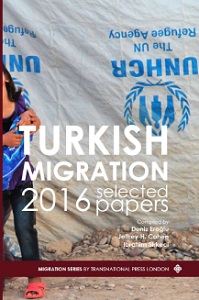
The paper begins with a quantitative analysis of the changes in refugee’s situation over the past 15 years with a discussion on major refugee holding countries. Then a specific quantitative analysis of the role of Australia and Turkey’s history of accepting and resettling refugees will be explored. This is of particular interest as it will demonstrate that three modulating factors, namely, the historical background of the host country, its proximity to troubled regions and its political environment, could have contributed to the changing roles of both countries in resettlement of refugees over the past 15 years. Subsequently, a comparative analysis approach encompassing a qualitative analysis will be used to compare new laws adopted by both countries to provide working rights for refugees, namely Turkey’s Regulation on Work Permit of Refugees under Temporary Protection in January 2016, and Australia’s adoption of Safe Haven Enterprise Visa (SHEV) in July 2015. Both Australia and Turkey’s introduction of their respective law whilst only provides temporary protection does extend the current rights to provide working rights.
More...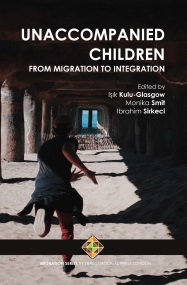
The Convention on the Rights of the Child (CRC) gives asylum-seeking children the right to an asylum decision that gives due weight to their best interests (UN 1989). This right follows from article 3, section 1, of the CRC: “In all actions concerning children, whether undertaken by public or private social welfare institutions, courts of law, administrative authorities or legislative bodies, the best interests of the child shall be a primary consideration.”
More...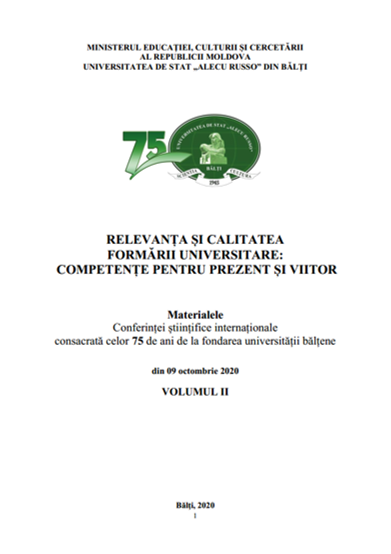
Women's sexual and reproductive health is linked to multiple human rights, including the right to life, the right not to be subjected to torture and ill-treatment, the right to health, the right to privacy, the right to education and the prohibition of discrimination. Considerable global progress has been made in recent decades in the area of women's sexual and reproductive health and rights, and in eliminating related forms of discrimination, and the international community is at the forefront of these efforts. However, despite significant progress, the content and area of reproductive rights remain controversial and women continue to face spread denials and violations of their sexual and reproductive rights and health
More...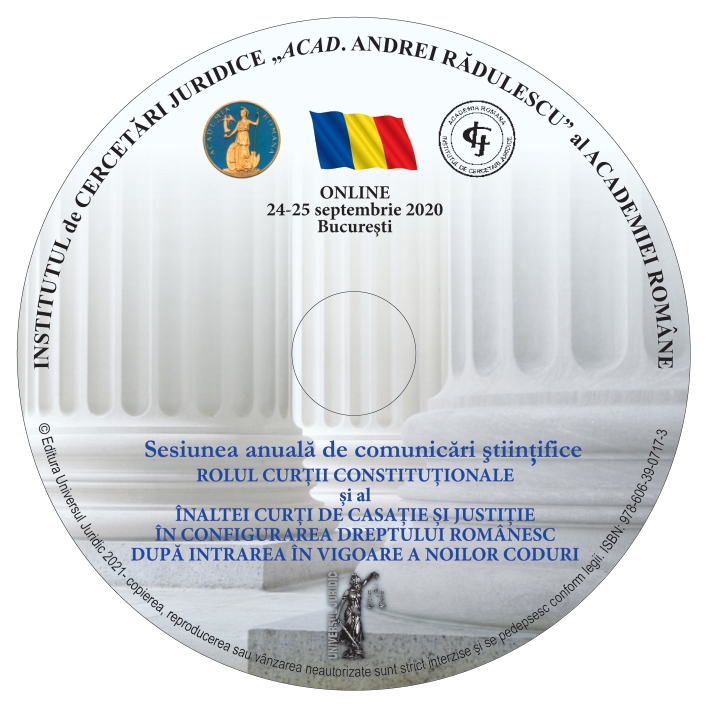
The right to a fair trial and settlement of cases within a reasonable time is a rule taken over by the Romanian constituent from the European Convention for the Protection of Human Rights and Fundamental Freedoms the ultimate purpose of which is to assure the quality of justice delivery, and effectively secure the fundamental right of free access to justice for the persons seeking justice. In civil proceedings, the judge draws conclusions and renders a judgment on the basis of the evidence produced in the case – da mihi factum, dabo tibi ius. The judge’s intimate belief as to the truthfulness of the facts presented relies on a correct and complete evidence production exercise, as well as on the value of the evidence thus produced. In the civil proceedings heard by the Romanian courts of law, evidence is usually produced in the written stage of such proceedings. The New Civil Procedure Code contains general provisions about the production of evidence which were not available in this form under the previous legislation. The law-maker rendered the exercise of a right conditional upon the effective exercise thereof within a certain period of time with a view to putting in place an indispensable climate of order, and thus preventing any abuses and protecting the rights and legitimate interests of the other parties, but without prejudice to the realization of the free access to justice
More...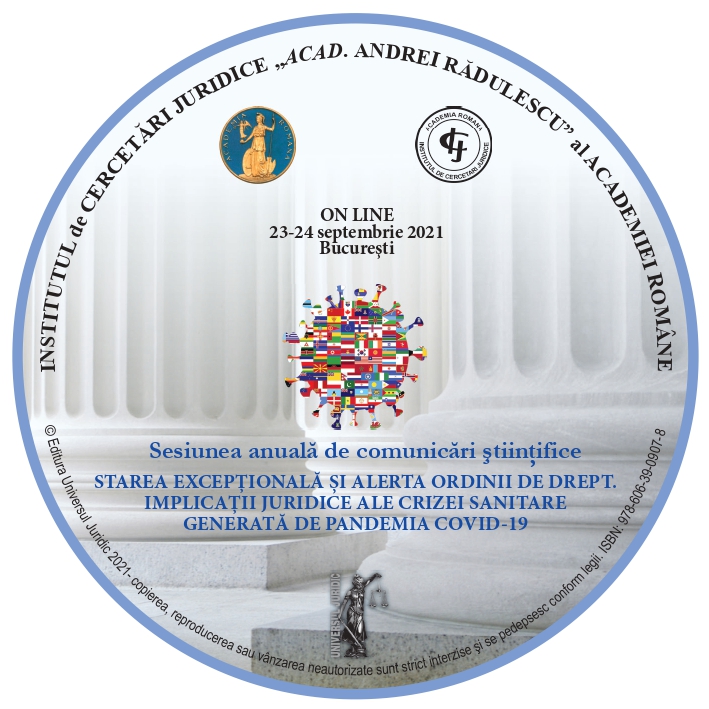
The study presents the legislation on requisitioning of goods in Romania, the way it passed the pandemic test and the different case-law solutions that were generated by the application of this law as well as de lege ferenda proposals as a result of the COVID 19 pandemic.
More...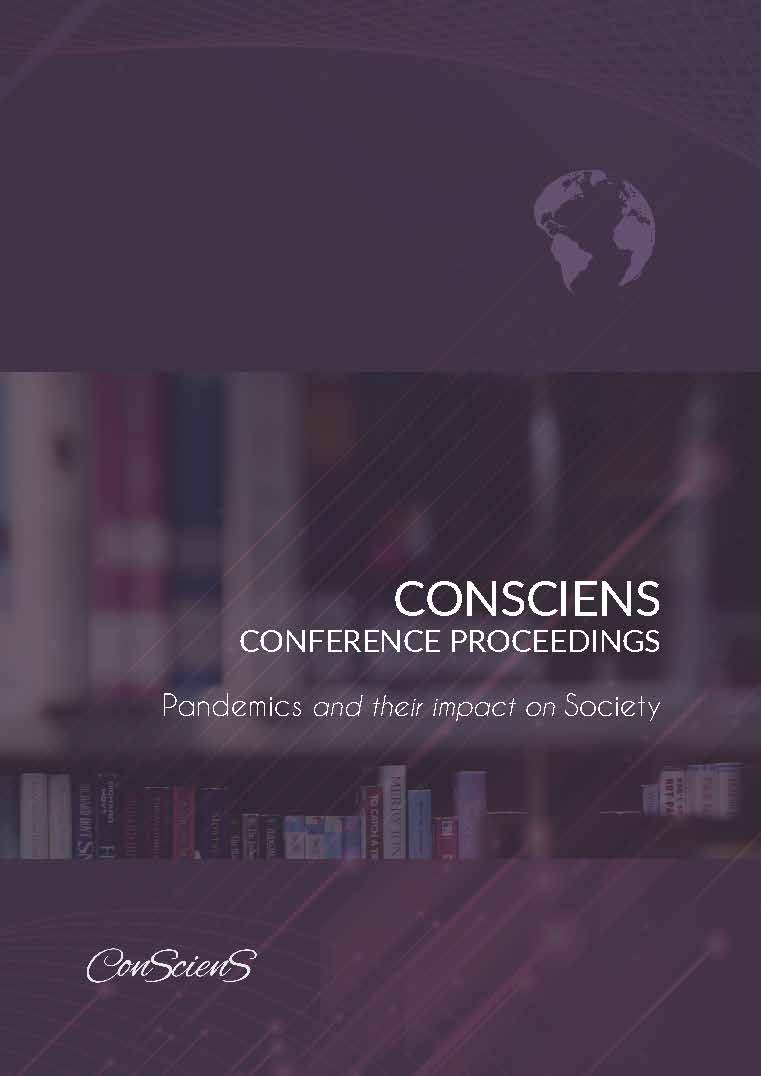
The state of emergency established in Romania as a result of the epidemiological evolution determined the authorities to take extraordinary measures to limit the pandemic's negative effects, being adopted rules stating that individuals for which self-isolation or quarantine was established who do not comply with these measures will be forcibly placed into quarantine, under guard, being held for criminal liability, and also put to pay the expenses incurred. To these considerations, the present study proposes the thesis that the forced quarantine must be assimilated to placing the person in detention, within the meaning of the criminal law for this, contemplating that the state has violated procedural rights of individuals, as well as the right to free access to justice, the measures imposed by the analyzed rules aiming in fact at the most drastic resort possible, without giving the possibility to establish proportionate measures. The study also shows that the rules exceed the framework of the tactical police measure of leading persons to the headquarters of a judiciary organization, as well as that the misdemeanor or criminal punishment of persons who do not comply with the measure of self-isolation or quarantine, complementary to the measure of forced quarantine and the imputation of the expenses occasioned by this measure, violates the criminal procedural principle ne bis in idem, given that the authorities have in fact sought to double sanction individuals targeted by these measures. In order to demonstrate the submitted theses, a qualitative analysis will be made of the concepts captured in the jurisprudence of the constitutional and the supreme courts of Romania, as well as in the cases of interest with which the European Court of Human Rights was invested, not least, pointing the discoveries reported in the criminal doctrine on the elements introduced in this paper.
More...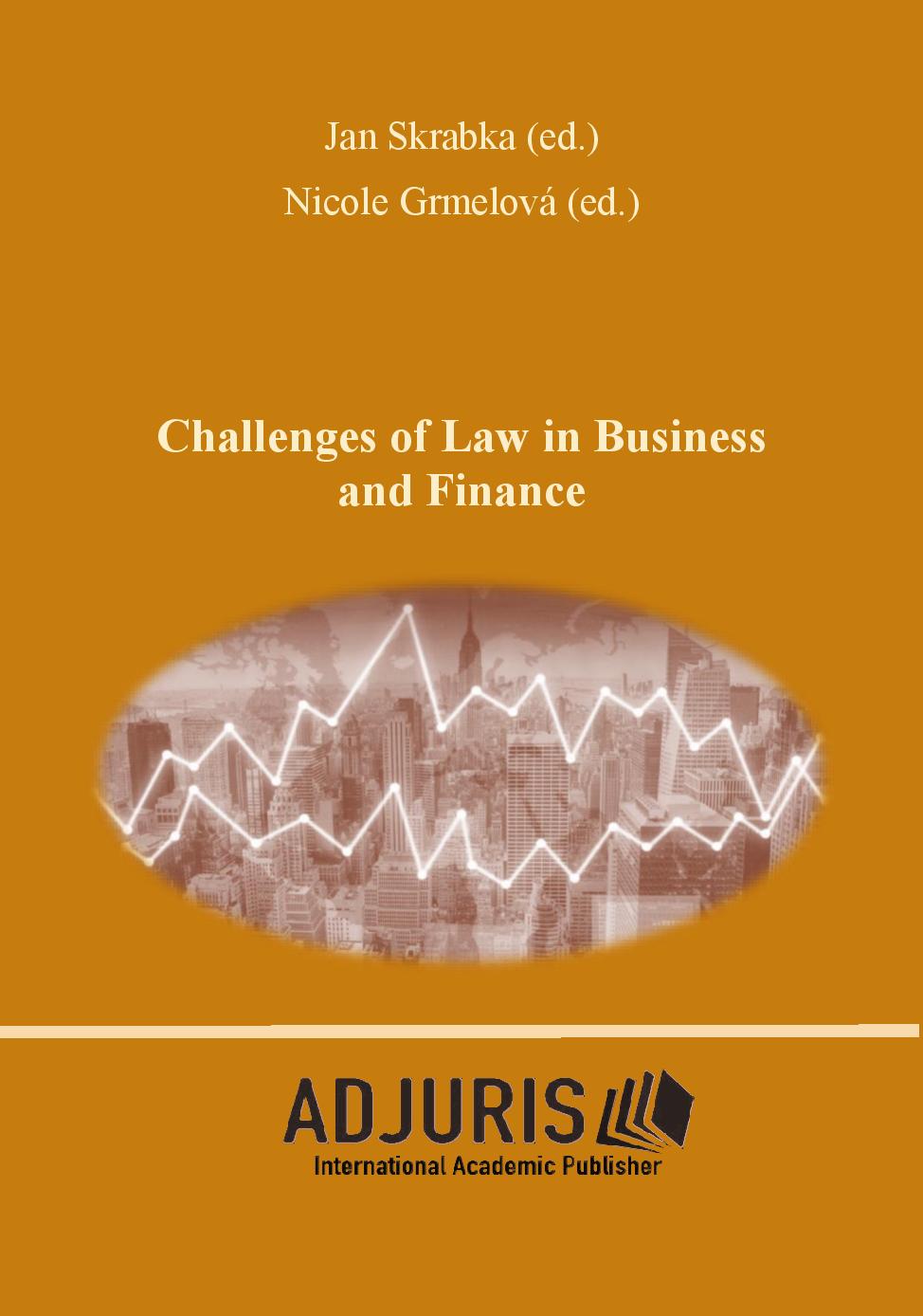
This paper deals with the possibilities of choice of law in the field of personal insurance in a comparison of Czech and Slovak law, the question of the legitimacy of geoblocking in the distribution of insurance and with liability of the state for damages in the event that its national law is in conflict with EU law. The Rome I Regulation allows national legislatures to adopt looser rules in certain cases. Slovak law allows for greater flexibility but did not take the restrictions of Rome I Regulation into account. If an insurance company chooses the law under Slovak Act No. 97/1963 Coll. on Private International Law and Procedure, is such a choice valid and would the state be liable for damages?
More...
The aim of this paper is to showcase the Czech and EU law that regulates supply of digital content and services and assess its general usefulness with regards to contractual practice and consumer protection. This is achieved primarily by analysing the present and upcoming law that regulates the said topic and its comparison with con- tractual practice on the market. The paper concludes, that in the digital market, consumers have little control over the contracts they can enter into. Many of these contracts are consumer-unfriendly or even illegal. The law offers several ways the consumer can de- fend their rights on the market, but these are not cost-effective.
More...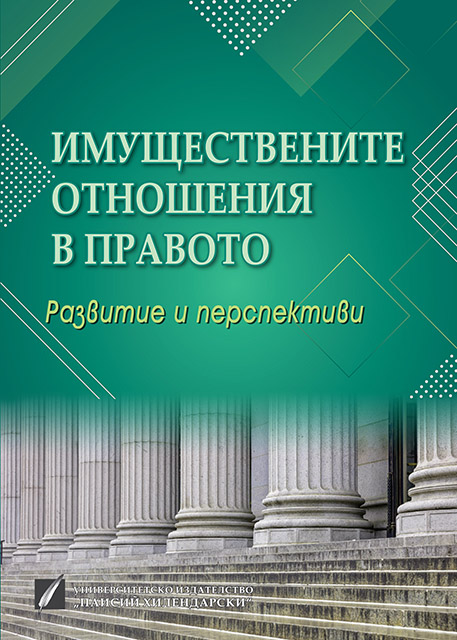
The article attempts to systematize and compare the European and constitutional mechanisms for the protection of property today. The aim is to make a kind of parallel between the protection mechanisms in its withdrawal. This calls for an analysis of the practice in relation to Protocol 1 of the European Convention on Human Rights, as well as the enhanced protection afforded by the individual constitutional courts in the EU Member States. The formation of a broader view on the protection of property at the European level is useful for Bulgarian theory and practice. The article also attempts to outline some of the difficulties of including property in conventional provisions.However, it is a law with a strong economic significance, and economic rights are traditionally regulated in civil law sources. This situation also leads to a critical attitude towards the possibility of protecting at European level a national right as property. The article presents all three parts of Art. 1 of Protocol No. 1, which protects various aspects of property. The first norm protects the substance of the property, the second and the third refer to the applicable regime in the matter of expropriation and control over the use of the property. The European Court of Justice respects the rights of nation states by applying the texts of the Protocol, but in general its case law expands the scope of protection of property. At the national level, such a role is played by the constitutional courts.
More...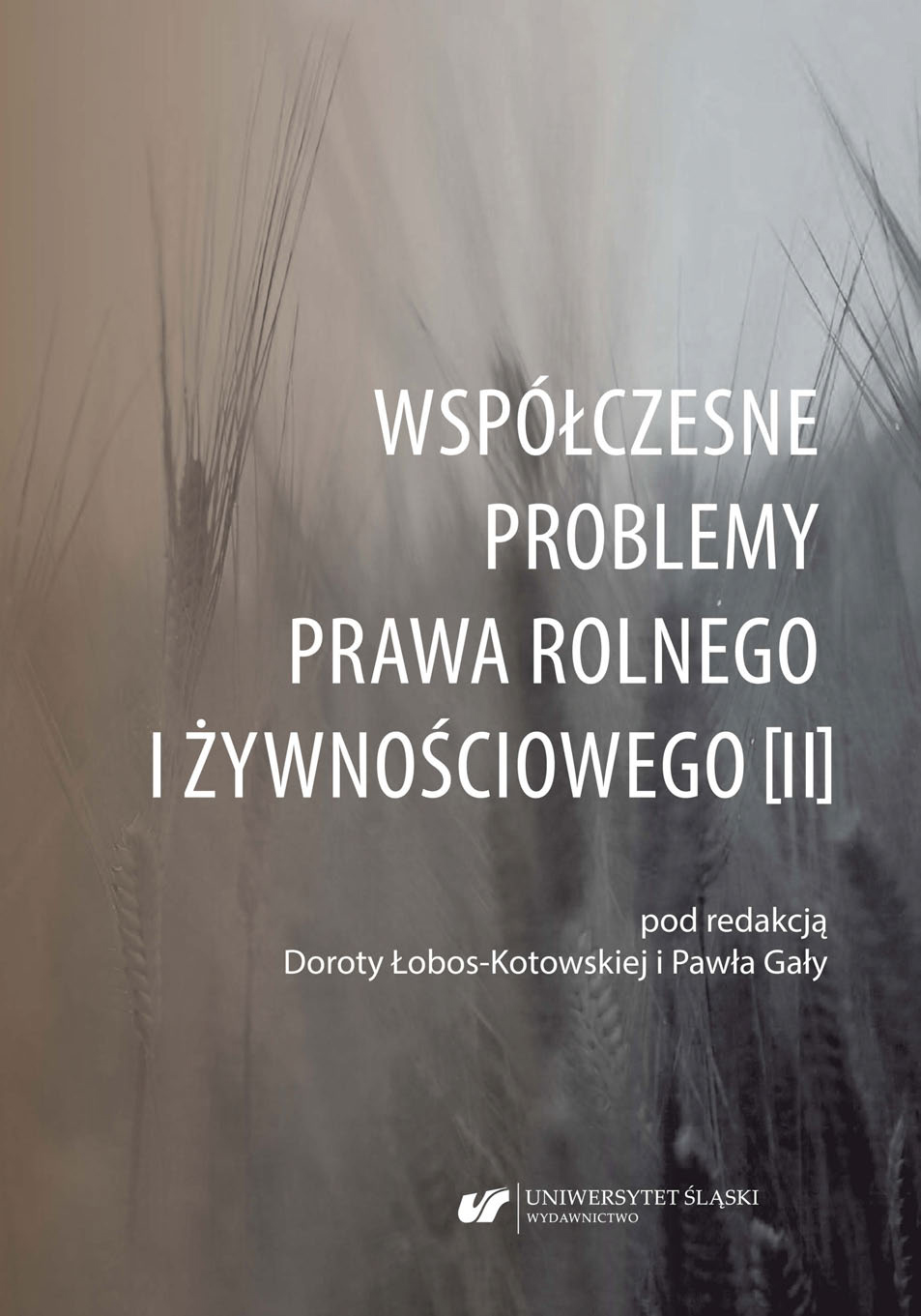
The main premise of this article is to present attempts of uniformisation and codification, pertaining Polish agriculture law. In this essay shall be covered historical efforts of agricultural law systemisation. First and foremost example of such uniformisation ought to be mentioned draft ventured by Władysław Leopold Jaworski titled “Agriculture code”. Moreover a post-war attempt, endeavoured by Interdepartamental Comitee of agricultural law uniformisation, intended to address myriad of regulations in one, uniform legal regulation. The following segment of article is based on theoritical opinions, pertaining uniformisation of agriculture law. Despite of double nature of Polish agriculture law, which combines substantial administrative law and civil law, as major denominator within agricultural law, the theoretical views upon uniformisation, sees them as unfeasible. Owing to still aggregating administrative aspect of agricultural law, whilst remaining inseperably bound to civil law foundations, agricultural law seems to be beyond any crucial uniformisation, however in greater extend of legal regulations, undoubtedly sourcing from agricultural law.
More...
The article attempts to shed light on agricultural policy law according to sales of the shares of joint-stock companies which are holders of lands. Free movement of capital and free markets should always be guaranteed, because of being a guiding principle in establishing democracy. Whereas whole freedoms needed to be limited ahead of potential conflicts between another goods. Land transitions and protecting empowers Sates to set restrictions if only they have been empowered in public interest ex. prevent speculations and land grabbing. Notwithstanding these current regulations which is in force in Poland shouldn’t gain a land policy which is protecting a land.
More...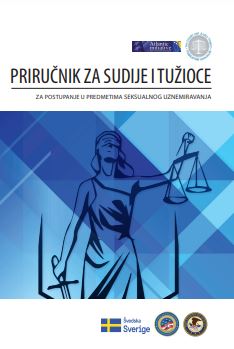
Prekršajna odgovornost poslodavca/pravnog lica za nepreduzimanje odgovarajućih mjera i efikasnih mehanizama zaštite za sprečavanje seksualnog uznemiravanja na radnom mjestu
More...